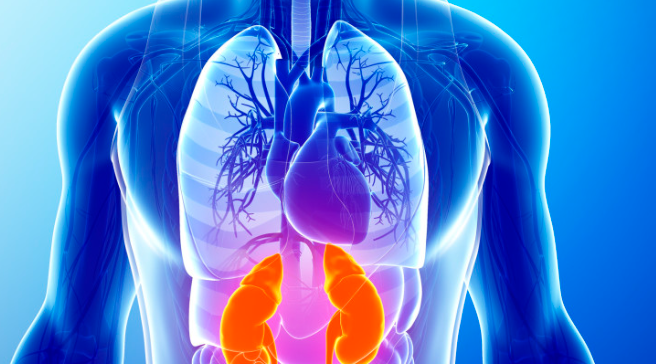What is Cardiovascular Kidney Metabolic Syndrome?
Cardiovascular Kidney Metabolic (CKM) syndrome is emerging as an important health crisis worldwide. It is driven by lifestyle changes and the effects of globalization. This syndrome often starts with gradual weight gain, leading to obesity. This condition increases the risk of severe health issues, particularly affecting the heart, kidneys, and blood vessels.
Current Health Landscape
In Tamil Nadu, despite a robust public health system, non-communicable diseases (NCDs) are on the rise. The Global Burden of Disease report marks that NCDs account for a staggering 69% of premature deaths in the region. Recent surveys indicate that 28.5% of individuals are overweight, with 11.4% classified as obese. Hypertension and diabetes rates are also concerning, affecting 33.9% and 17.6% of the population, respectively.
Economic Impact
The financial burden of CKM syndrome is important. Tamil Nadu spends nearly ₹1,200 crore annually on health insurance premiums, primarily for treatments related to NCDs. Coronary angioplasty and dialysis are among the most common claims. Rising NCD cases have led to increased insurance premiums in the private sector, straining the health budget and the economy.
Need for Integrated Care
The American Heart Association advocates for integrated care for CKM syndrome. This approach encourages simultaneous management of related health issues rather than treating them in isolation. A multidisciplinary team, including specialists from various fields, can provide comprehensive care. This model could be implemented in public health teaching hospitals, enhancing training and patient management.
Early Intervention Strategies
Tamil Nadu’s health initiatives target early intervention. The Muthu Lakshmi Reddy scheme supports pregnant women with cash transfers and nutrition kits. This aims to reduce low birth weight, a precursor to CKM-related diseases. Regular health screenings for children can help identify high-risk individuals early, promoting proactive health management.
Dietary Changes
The Public Distribution System has made high glycemic foods like rice widely available. While it sustains the population, it has also contributed to rising obesity rates. A partial replacement of rice with millets could improve nutritional quality. Additionally, introducing low sodium salt could help manage hypertension, although caution is necessary for individuals with existing health conditions.
Globalisation and Lifestyle Factors
Modern work culture, characterised by long hours and night shifts, has been linked to CKM syndrome. This lifestyle often leads to unhealthy eating habits and increased stress levels. Regulation of work hours may serve as an essential public health measure. Prioritising rest and work-life balance is crucial for overall health and well-being.
The Path Forward
Addressing CKM syndrome requires a comprehensive approach. Efforts should focus on integrated healthcare, early intervention, dietary improvements, and lifestyle changes. These strategies are essential for reducing the burden of CKM syndrome and improving public health outcomes.
Important Facts for Exams:
- CKM Syndrome – CKM syndrome represents a growing health crisis linked to lifestyle changes. It increases the risk of severe health complications particularly affecting the heart and kidneys.
- Muthu Lakshmi Reddy Scheme – This Tamil Nadu initiative supports pregnant women with cash transfers and nutrition kits. It aims to reduce low birth weight which is a precursor to future health issues.
- Global Burden of Disease Report – This report marks that non-communicable diseases account for 69% of premature deaths in Tamil Nadu. It puts stress on the urgent need for public health interventions.
- Integrated Care Approach – The American Heart Association promotes integrated care for CKM syndrome. This method encourages simultaneous management of related health issues rather than treating them in isolation.
Month: Current Affairs - November, 2024
Category: Health Current Affairs


